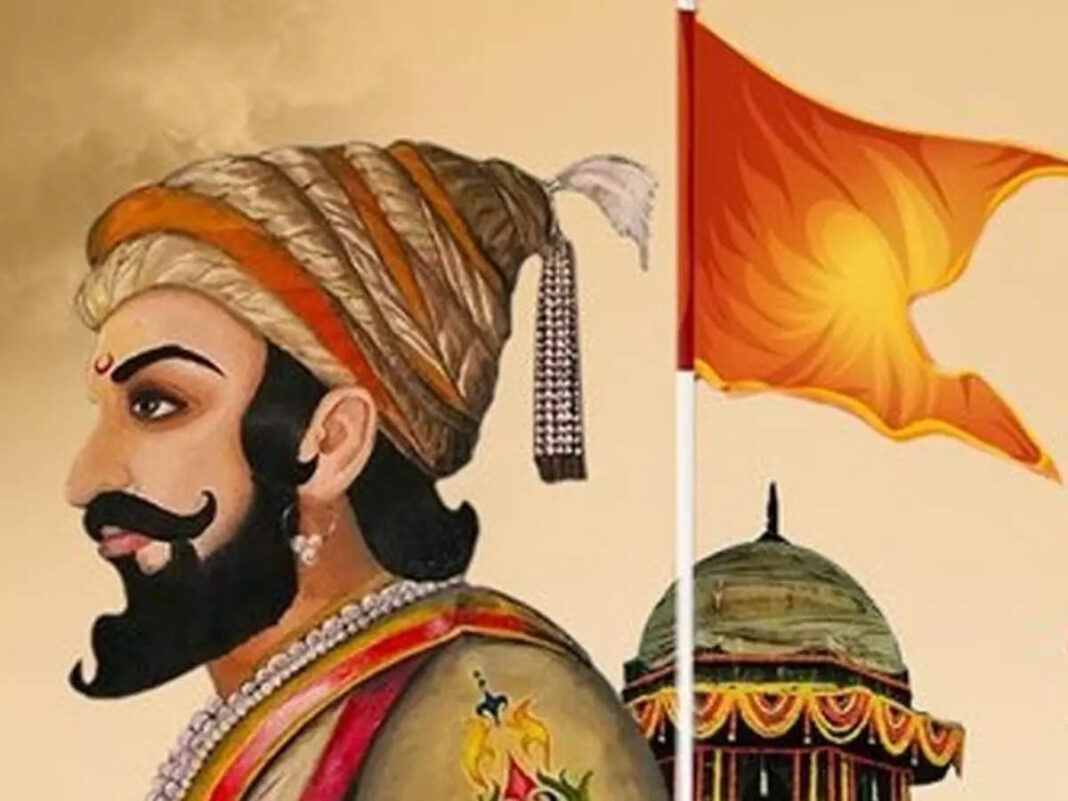At the Raigad fort in Maharashtra, Shivaji Maharaj was formally crowned Chhatrapati on June 6, 1674. Chhatrapati Shivaji was a valiant and secular monarch who treated all religions with equal respect. He established the Maratha Empire and ruled from 1680 to 1680. As a committed Hindu, Shivaji sought to unify his fellow Hindus and promote Sanskrit and Hindu political traditions. Shivaji’s bravery and military prowess have inspired and enthralled generations of Indians.
Chhatrapati Shivaji was a courageous king and a secular monarch who regarded all religions equally. He was a ferocious warrior, the Hindu unifier, and the Mughals’ fiercest enemies
Shivaji was a Maratha warrior king from India who was formally crowned as the Chhatrapati (Monarch) of his realm at Raigad in 1674. Shivaji was transferred to Bangalore when he was 12 years old, along with his elder brother Sambhaji and half brother Ekoji I, for further formal training. He assisted those who wanted to convert to Hinduism.
Shivaji built a competent and progressive civil government with the support of a disciplined military and well-structured administrative organizations. Many Muslims served in his military, including Ibrahim Khan and Daulat Khan in the navy, and Siddi Ibrahim as his commander of artillery.
Also Read – Angkor Wat: About 1400 year old Vishnu Temple in Cambodia
Shivaji increased the size of his army from 2,000 to 100,000 soldiers and constructed a navy to protect the Goa and Konkan coasts. He was the first Indian king to recognise its importance, and naval forts were built in Vijaydurg, Sindhudurg, and Jaigad, as well as docks for the repair of naval vessels in Ratnagiri.
Shivaji, a fervent Hindu, sought to unite his fellow Hindus by promoting Sanskrit and Hindu political traditions; Persian was supplanted in his court by Marathi. British historians rejected him as a “bandit,” and his legacy as a great Hindu king was rewritten during the independence movement.
Shivaji had amicable relations with the Mughal Empire till 1657. He agreed to help Aurangzeb take Bijapur as long as the Bijapuri forts and villages remained under his control. The clashes between the two sides, which began in March 1657, culminated in multiple conflicts that were ultimately inconclusive. Shivaji needed money to keep his army afloat, so he looted the Mughal city of Surat.
The courageous warrior died in 1680, yet his bravery and intelligence are still remembered. He founded a Hindu empire that lasted for more than two centuries. Shivaji’s heroism and military prowess will also serve as a source of inspiration and pride for future generations.



